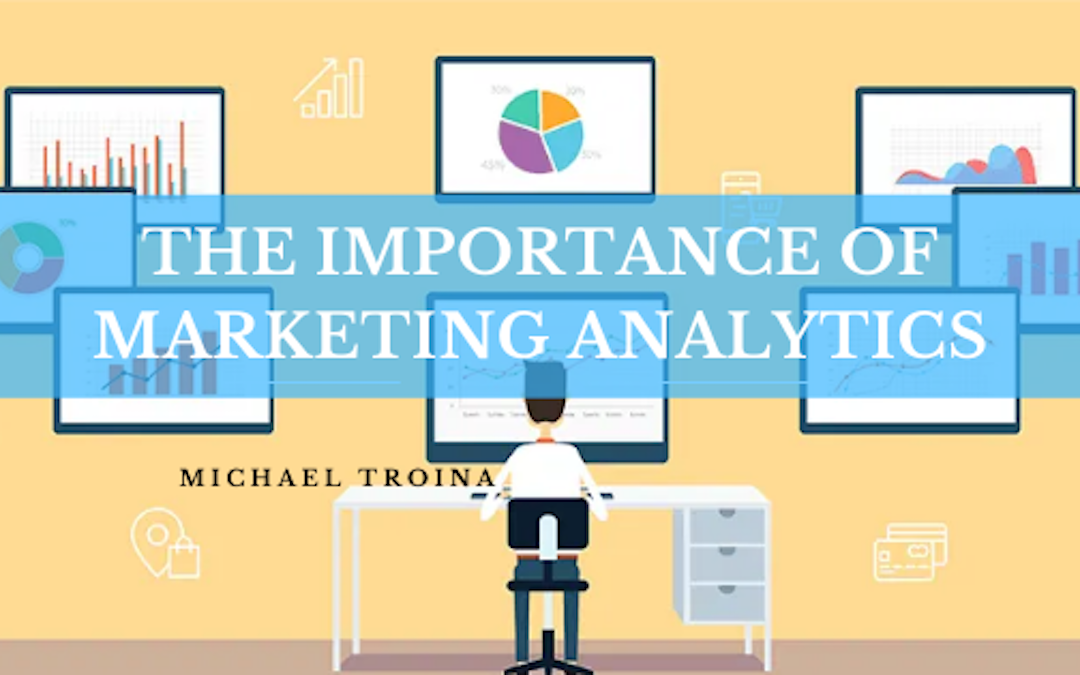Marketing analytics is defined as the practice of analyzing, studying, measuring, and managing the performance of a specific marketing strategy to maximize its effectiveness, identify opportunities for improvement and enhance the return on investment. That said, marketing analytics is a great tool that allows marketers to diminish wasted marketing funds, know if their efforts are paying off or not, and approach the marketing plan in an in-depth manner. On that note, the following article unveils the importance of marketing analytics in helping marketers be more effective.
Marketing activities performance
While web analytics allows marketers to know how many people visited the site, the time they spent on the site, the number of page views, conversions, and bounce rate, marketing analytics, on the other hand, gives marketers a more comprehensive insight into their current performance and efforts. Indeed, marketing analytics demonstrates off-site results and tends to be more centered on people rather than raw data. Examples of Key Performance Indicators (KPIs) in marketing analytics include how fans, followers, and friends are engaging with the marketer, who is mentioning the brand on other social media platforms or websites, the number of unique email signups received, the number of tweets and brand mentions following an event and the number of shares based on the type of content, just to mention a few.
Competitive analysis
One of the essential tools that all marketers should use is competitive analysis. This tool allows companies to track where their competitors are investing their money and time. For instance, a competitive examination will enable marketers to know what channels they are investing heavily in, whether they are putting funds in content marketing, and what networks they engage with the most. For that reason, competitive analysis should be constantly used, not just at the beginning of a project.
Long-term analysis of a marketer’s performance
It is undoubtedly imperative to focus on the quality of losses and wins on a long-term basis rather than how much improvement was achieved over a week or a month. Marketing analytics mainly focuses on how the performance pertaining to money, people’s engagement, and loyalty is overall and how to improve the efforts.
